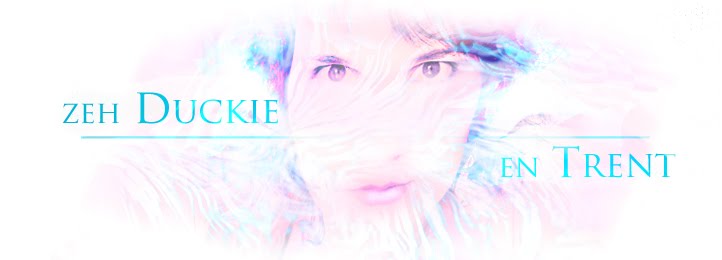Artefact 1 presented 5 respondents with 4 renditions that dealt with the topic of nationalism. The aims were:
- How close is the message the comedians wish to put across to the public to what the audience really hears.
- What is the interaction between the public and the performer. How does the latter try to influence the former by inducing feelings of outrage, embarrassment, etc and – on a second note – how does the public shape a comedian`s style.
The respondents formed a consensus around questions dealing with the performers` arguments, their method of delivering them and which one they found the funniest. However, questions centring on performer and audience interaction have generated varied answers.
Three respondents remarked Hicks` pronounced verbal and gestural aggressiveness towards a specific outer group, inciting the audience to share in the revolt. Another interviewee described him as the angry man inside a glass box, shouting out his views because he is used to them falling on deaf ears (a surprisingly accurate remark, biographically speaking). The last respondent found his style off-putting and incomprehensible.
Four out of five respondents found Chaplin`s spoof of Hitler as an effective antithesis and a mobilising discourse for emancipation, with one of them mentioning the disturbing and contradictory feelings that the Nazi imagery evoked despite the uplifting monologue. A different response came from an interviewee who considered the act as depicting not an antithesis, but rather the cynicism of the dictator, who promises to lead the flock out of their slavery, precisely by offering freedom.
Everyone found Maher to be the funniest, although they`ve thought his delivery was classic punch line humour. Asking supplementary questions emphasised the answer: his timing, rhythm and the fact that his target was unproblematic. An outer group, treated with disdain but not in an aggressive manner. The element of introspection is overridden by the joyous laughter that simply separates `us` - those laughing – from `them`, the subject of our laughter.
What I want the audience to focus more on in the next artefact is how much does the performer `s stage persona influence what they `hear`. This is why I have chosen a more out of the ordinary comedian, who does present himself, as much as outer appearance is concerned, as an eccentric character, yet his verbal delivery is quite the opposite. His name will not be disclosed beforehand and the chosen audience this time will have to be unaware of the comedian`s appearance. They will be given a text version, an audio only version and only later, after completing the questionnaire, the full video version of the routine.

No comments:
Post a Comment